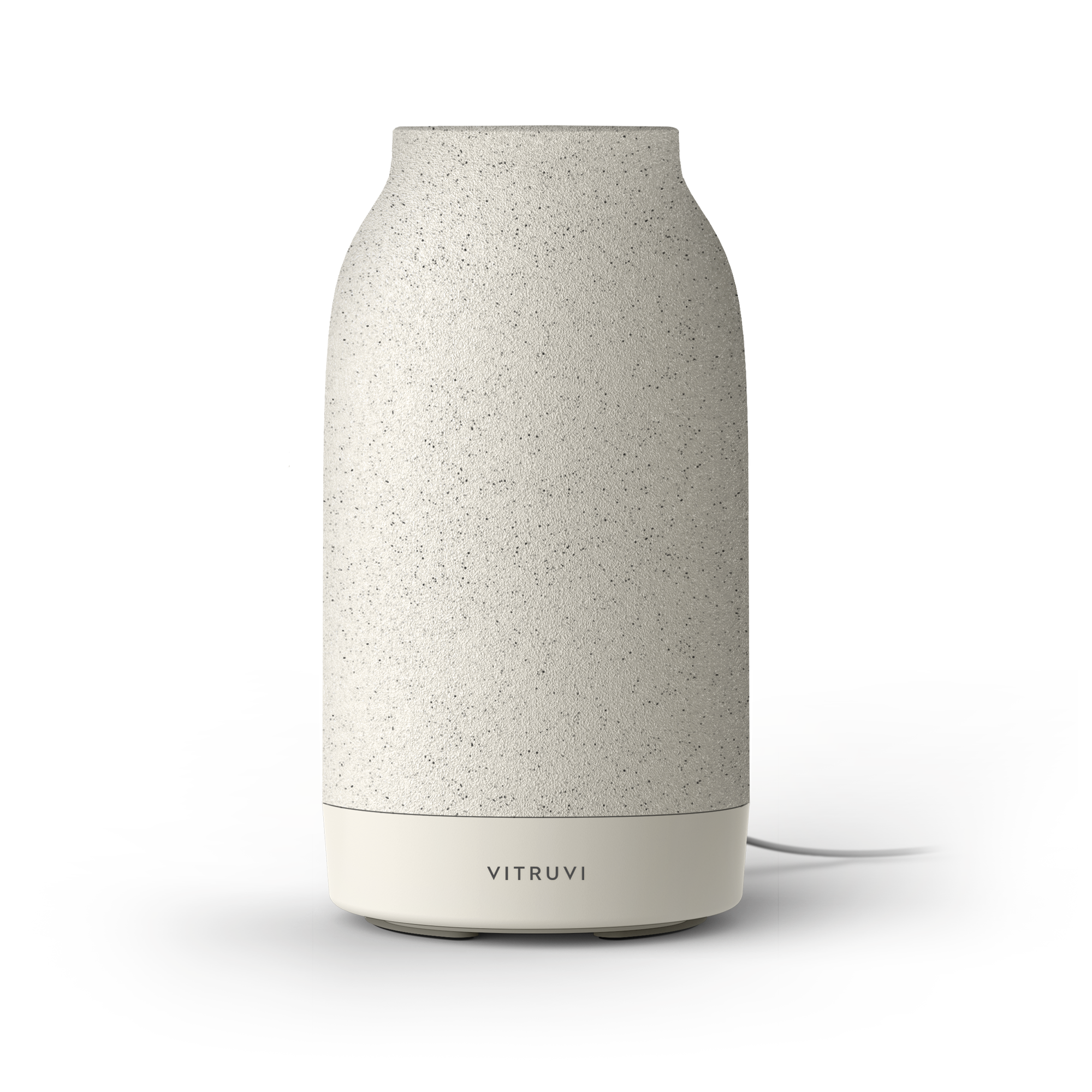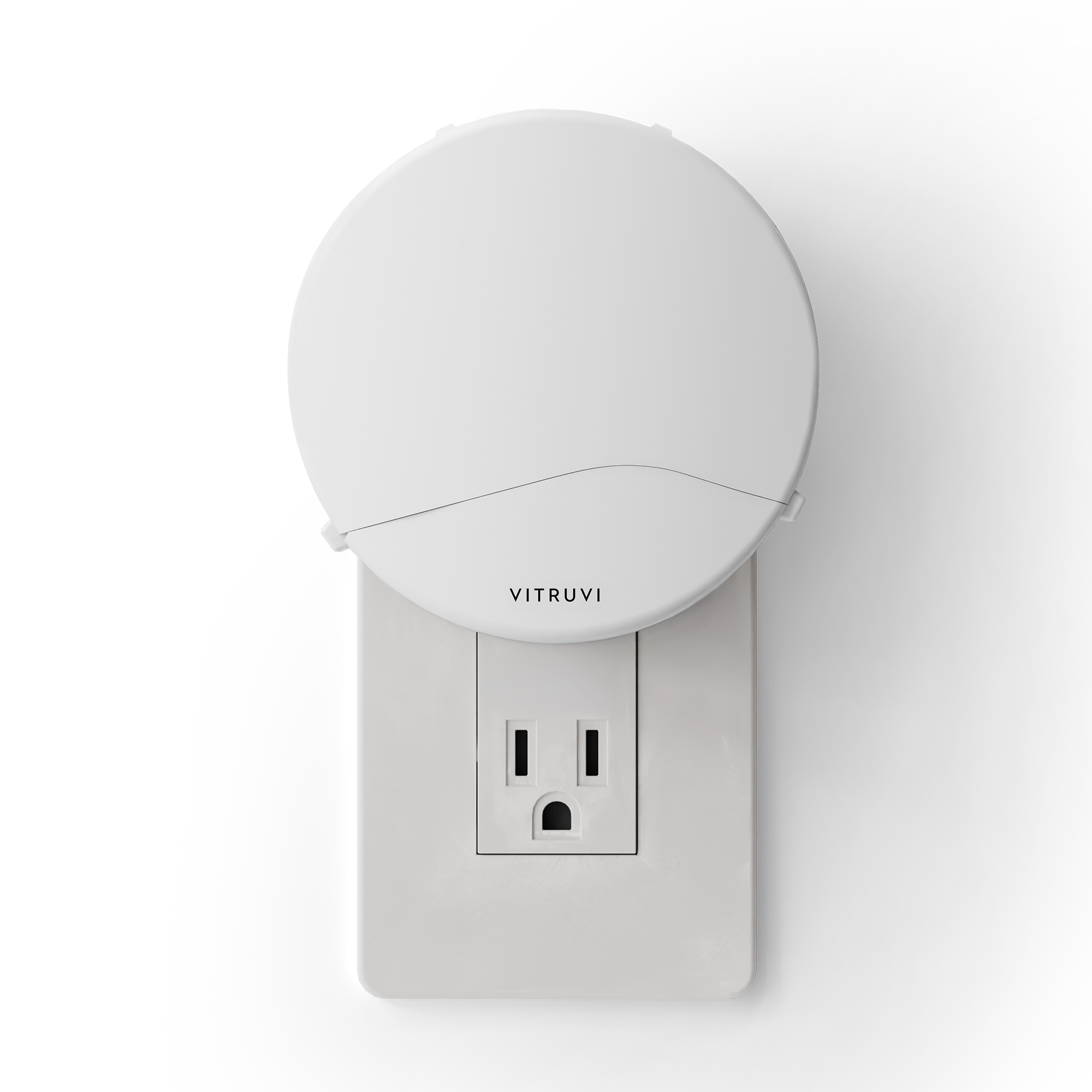When we think of the new year in western culture, we often think of resolutions and goals. It’s a collective energy that can be harnessed to inject some motivation into January: a month that’s normally cold and mundane.
While having this renewed motivation and zest for pursuing goals is exciting, it can also end up being quite draining. In Traditional Chinese Medicine—which I practise at The Nest Clinic—we follow the philosophy that the individual should live in harmony with their environment. In the winter, we understand that temperatures fall, things slow down or freeze, and animals hibernate. With this slowing down in mind, we should be doing the same—or at least have our lifestyle choices reflect these patterns.
When the external world is cold, we can look to warm up our bodies through the foods we ingest. We can eat nourishing dishes including soups, stews, and broths with warming herbs like pepper, cinnamon, ginger, and cardamom; cooling, raw foods such as salads and smoothies should be avoided. When the outside world is cold, we need to make an extra effort to keep our internal environment warm and flowing.
In terms of fitness, it’s important to monitor how you personally respond to the type of activity you’re choosing. Do you feel invigorated? Do you feel drained? How do you feel right after? How about a day after? In the cooler months, incorporating more yin activities can help with the overall feeling of balance—think yin yoga, nature walks, and snowshoeing. At The Nest, we offer services including acupuncture, gua sha, and cupping to bring the body back into balance.
Personal goals in the winter months should also reflect the slowness of the cold. They can include activities such as journaling, writing, and reading. The winter is like a pressure cooker of ideas that will flourish in the spring when the plants begin to grow.
With January being one of the most yin months of the year, we can also notice our social behaviors turning inward. Yin is the more internal, isolated, and cooling energy, while yang represents the more fiery, extroverted energy. So while we may feel less motivation to be social, this should not be interpreted as a negative thing—rather, it is a natural ebb to what is inherently a month of self-reflection and solo time.
Everything in Traditional Chinese Medicine is relative and evolving, never fixed and finite. One person’s idea of social activity will vary greatly compared to another. So, no matter what, it’s always important to honor where we are.












